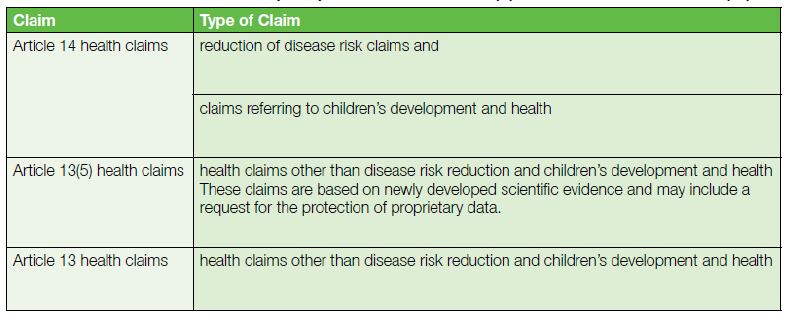Atlantia, which conducts human dietary intervention studies for food companies, organized a ‘Clinical trials for foods and supplements – guidance for industry’ symposium, in Ireland in September last year.
A conference report was published in the Nutrition Bulletin recently and presentations are now available on its website.
Conducting clinical trials
Sally Cudmore, CEO of Atlantia Food, kicked off the conference by describing the difference between pharmaceutical trials and dietary interventions.
Costlier pharmaceutical trials are conducted in patient populations with drugs intended to cure, whereas dietary interventions use food ingredients intended to promote health and experiment with healthy populations.
Cudmore said that pharma trials typically cost €169,613 per person, compared to €2,000 per participant in dietary interventions.
Regulation
She added that pharma trials were heavily regulated, came in four stages and typically took many years. By comparison dietary interventions typically take between weeks and months are less stringently regulated and have only one stage.
An intervention study with either functional foods or supplements that aim to treat a disease in patients will go down a different regulatory avenue to those using healthy volunteers to promote better health.
In Ireland for example, products aiming to treat a disease will be regulated by the Irish Medicines Board & Ethics Committee, whereas the Ethics Committee manages trials with healthy volunteers.
“These differences mean that a niche area has been developed for the food industry in the last number of years in relation to the development of functional food,” said the conference report.

In-house or contracted?
Cudmore said that doing studies in-house gave 100% control, but you must have the expertise and often the process is slower, more expensive and may be seen as biased.
Companies may lose an element of control, but contracting out the study guarantees the required expertise is present and could be viewed as more independent, she said.
University labs are another option. These often have a wide range of expertise and have better access to patient groups and clinical research facilities, said Cudmore.
Human intervention studies necessary
In the symposium’s second presentation, Andrea Doolan, human studies manager at Atlantia Food, said that human intervention studies were necessary to establish a cause and effect relationship. EFSA has on many occasions indicated a preference for clinical studies to back health claims.
Her presentation said: “In vitro and animal data on their own cannot establish cause and effect in humans, but can be included as supportive evidence if pertinent.”
She identified double-blind, placebo controlled studies as the “gold standard” with either a parallel or crossover design. Parallel studies are those in which subjects receive one treatment only, whereas subjects in crossover studies receive more than one treatment with a washout period in between.
Choosing the population
When choosing the study participants companies should consider people’s gender, age, their level of physical activity and whether there smoke cigarettes.
To determine how many subjects are needed, Doolan said that seeking advice from a biostatistician was wise. She said that if using a smaller sample population any outcomes need to be more pronounced for them to be considered statistically significant.
For pharma trials, results can be extrapolated to the target population if it can be ‘biologically justified’.
Longer studies often suffer from non-compliance and companies should also bear in mind seasonal events such as Christmas to ensure people stick to the treatment, she added.
Her presentation also included a time-lined process for intervention studies that can be viewed here.
